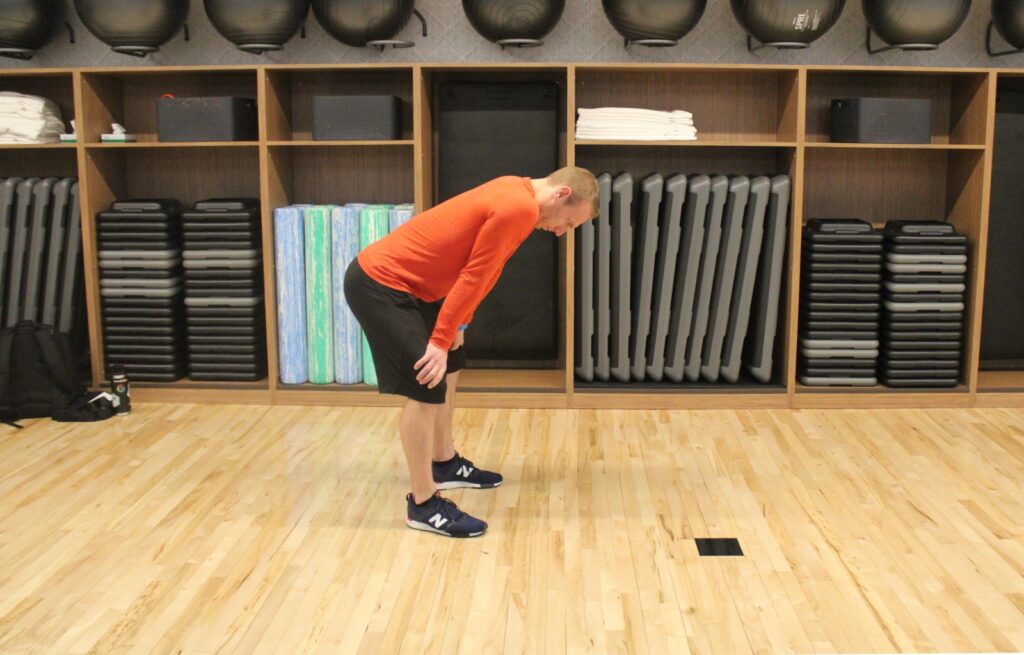Throughout the years of training clients, as well as training my own body, one of the main road blocks I have continued to run into is this:
How do I maintain a healthy balance of high intensity training while preserving an adequate level of rest and recovery?
There is a fine line that is different for everyone as to when overtraining begins. It can be difficult to learn how to be aware of your body and recognize the signs and symptoms that lead to overtraining.
What is overtraining exactly? Overtraining is the body communicating that the amount of stimulus it is receiving is causing irritation and strain on the body. The body needs time to adequately recover from all training, intense or mild. Insufficient time to recover can lead to fatigue, decline in performance, and potential injury. Developing the skills and knowledge to approach the next steps to prevent overtraining is pivotal to maintaining your physical goals.
There are two classifications for too much exercise: Overreaching and Overtraining.
Overreaching is muscle soreness that is above and beyond the typical levels of fatigue and strain. It is caused by the failure to sufficiently recover between workouts. Overreaching usually takes place after multiple days in a row of highly intensive workouts and can result in feeling sluggish and run down. However, the great thing about overreaching is that it can be reversed quickly with adequate rest.
Overtraining is when the signs and symptoms of overreaching are ignored and high levels of intensive training are continued. Believing that low levels of performance signals the need for an even greater push to train harder is the opposite of what the body needs. The continued push to work the body harder only breaks the body down more. It is difficult to take a pause in training, especially when close to an event. However taking the necessary time off will not only allow the body to heal but to also return with even greater performance.
The onset of overtraining can be difficult to identify. General fatigue and muscular soreness are common with training. However, feeling like you cannot recover between basic workouts is one sign that overtraining might be taking place. Another example would be the inability to complete a previously manageable weight or activity.
Overtraining does not only relate to the physical fatigue, but the mental and emotional aspect as well. The thought of skipping or cutting a workout short is a telling sign of emotional or mental overtraining. Other signs of overtraining are poor quality of sleep, inability to relax, not feeling joy from activities that were once enjoyable, and moodiness.
Other aspects of your health and well-being can be affected by overtraining. Overtraining can reveal itself by presenting an increase in illness, increased blood pressure and at-rest heart rate. It can also show itself with appetite loss and weight loss.
Sleep, rest, a well-balanced diet, and mental awareness are critical in preventing the onset of overreaching which in turn can lead to overtraining.
- Sleep is critical in the cleansing of the brain and regeneration of the body’s muscles and organs.
- Rest is pivotal in the fight against overtraining. Temporarily cutting back on workout duration and intensity can be extremely beneficial. Also, taking a week or even two week break from training can be highly effective in allowing the body to adequately build itself back up to normal levels of function.
- Nutrition is one of the most impactful things to focus on to allow the body to recover from strenuous activity. Eating a well balanced diet and making sure to eat enough food in order to provide the body with nutrients that will allow it to heal is highly effective in preventing the onset of overtraining.
- Pay attention to what your body and mind is telling you and adjust in small healthy ways before a big adjustment due to overtraining becomes necessary.
If you have taken a break from training, a gradual return is going to be the best approach to resuming exercise after overtraining. Start by reducing your training volume by 50-60 percent. A 10 percent increase each week is a good place to dive back in. The human body is highly adaptive and will bounce back quickly.
Be patient, listen to your body, make sure you are eating enough, and get adequate sleep. Doing so will allow the body to recover and build strength and endurance. It might seem counterintuitive to do less – but sometimes less is more!




